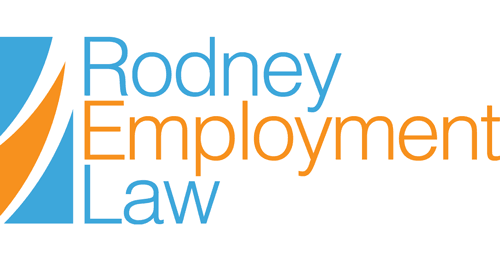Written by: Arjun Dhir
In the wake of a string of accusations ranging from assault and sexual harassment to rape, The Weinstein Company recently announced that it has fired its co-founder, Hollywood movie mogul Harvey Weinstein.
Over the past three decades, Weinstein was one of Hollywood’s most powerful and influential executives, as his movies have earned more than three hundred Oscar nominations. Despite these accolades, rumors of sexual harassment and assault have followed Weinstein throughout his career as one of Hollywood’s worst kept secrets.
The Company’s recent decision to terminate Weinstein, stems from the damning report published by The New York Times and supplemented by The New Yorker magazine. The report details a number of allegations made by women from all over the film industry. Additionally, the report highlights at least eight settlements reached by Weinstein, wherein women confronted him with allegations including sexual harassment and unwanted physical contact. Additionally, high-profile actors, including Gwyneth Paltrow and Angelina Jolie, have come forward publicly sharing their past experiences as young actresses faced with Weinstein’s inappropriate behavior.
The Poisoned Workplace
One of the central allegations made against Weinstein, was that he would exploit his powerful position, to exert pressure on young women at the outset of their film careers. Weinstein’s not-so-subtle suggestion was that he could advance their careers if they went along with him – or he could do serious damage to their dreams if they did not. This is traditionally known as the quid pro quo for sexual harassment: ‘you sleep with me and get promoted or you reject me and get demoted’. This is particularly scrutinized in an employer-employee relationship given the power imbalance between the parties.
Two of the key individuals named in the report are former Company employees, Lauren O’Connor and Emily Nestor. O’Connor stated that, “There is a toxic environment for women at [the Company],” while Nestor characterized the “mistreatment of women” as a serial problem that the Company has been struggling with for years.
Furthermore, the report went on to detail that sixteen former and current executives and assistants at Weinstein’s companies told the Times that they witnessed or had knowledge of unwanted sexual advances at events associated with Weinstein’s films and in the workplace. Making matters worse is that other employees described, “…a culture of complicity at Weinstein’s places of business, with numerous people throughout the companies fully aware of his behavior but either abetting it or looking the other way.”
What Employers Can Learn
Harassment of any kind has no place in the workplace. In Ontario, employers are legally obligated to ensure the work environment is safe and free from any form of workplace harassment and to be proactive when it comes to dealing with these issues. Claims of a “toxic” or “poisoned” work environment often stem from companies’ failure to exercise proper “due diligence” after receiving a harassment complaint.
To satisfy the organization’s legal obligations, claims of sexual harassment in the workplace need to be taken seriously, investigated thoroughly, and dealt with promptly and professionally. If not there are both tangible and intangible consequences that organizations will encounter.
The manner in which an organization responds to these situations is extremely important, as it will often be scrutinized down the road. It is in an employer’s best interest to plan properly, engage effectively and respond promptly. Properly-conducted workplace investigations are paramount and are part of the due diligence process companies should follow in these situations.
Just last year, the Ontario government enacted new legislation (Bill 132) as a supplement to harassment and violence legislation (Bill 168) under the Ontario Health and Safety Act. Bill 132 is particularly aimed at addressing sexual violence and sexual harassment, and it amended the current definitions of harassment in the workplace to include a specific definition of “workplace sexual harassment.” As a result, additional, specific legal obligations have been created for employers. Non-compliance with this legislation can result in significant fines for both individuals and corporations, ranging from up to $25,000 and imprisonment for individuals and up to $500,000 in penalties for corporations.
It is imperative that organizations understand their legal obligations and comply accordingly by instituting proper workplace policies and training. If you or your company requires assistance complying with the new legislation or if claims of harassment, sexual or otherwise, have arisen in your workplace, don’t hesitate to contact us today. We can help ensure you are compliant by creating proper policies and programs for your organization, performing any necessary workplace investigations, and dealing with all harassment issues both proactively and reactively to ensure due diligence.
Disclaimer: this post is intended for educational and non-commercial purposes only and is not intended to be a source of legal advice to any person in respect of any particular legal issue; it does not create a solicitor-client relationship with any readers. If you have a legal issue or possible legal issue, please contact us.
